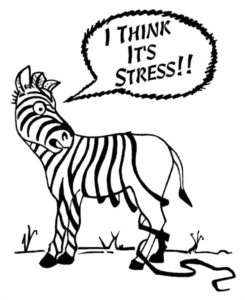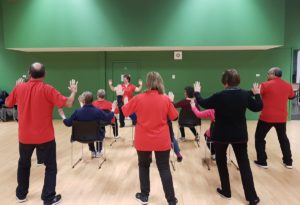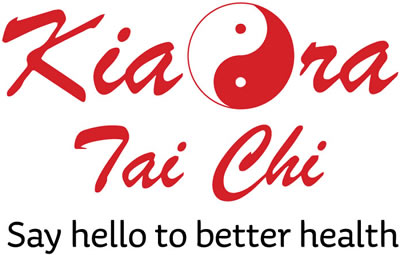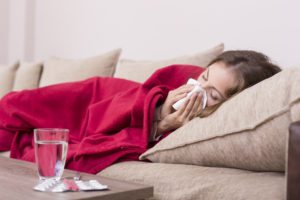New tai chi class to reduce stress and improve health, 2019
 Note: This is a post from July 2019
Note: This is a post from July 2019
If you want to get fitter without puffing, feel healthier and live stronger for longer, then tai chi can help you.
If this sounds like something you want then the team at Kia Ora Tai Chi would love to hear from you. We are looking for adults of any age and ability, who are keen to make a regular commitment to learning tai chi.
To find out if tai chi is for you, please come along to one or both of the free “taster sessions” on Monday 29th and Wednesday 31st July 2019, in Manurewa.
To RSVP or to ask questions about the classes, please use the Contact Form
After the free sessions, we encourage anyone who can attend AT LEAST once per week to enrol in a new tai chi class for beginners, which will start on Monday 5th and Wednesday 7th August 2019, 6.30 – 7.15pm.
Cost of classes: The classes on the 29th and 31st of July 2019 are FREE. After that, prices start from $9.50 per class. A discount is available for those who are referred by ACC and Age Concern for the Community Group Strength and Balance Exercise programme (“Live Stronger for Longer”). You must be aged 65+ to be referred.
What to wear: Please wear loose comfortable clothing and flat-soled shoes (such as sneakers, trainers or tennis shoes). Please also bring a drinking bottle of water.
Here at Kia Ora Tai Chi, we are all constantly amazed at the health improvements that our students tell us about once they attend our classes on a regular basis:
- sleeping better at night
- finding it easier to go up and down stairs
- improved breathing, with less wheezing or feeling like they’ve ‘run out of breath’
- playing with their children or grandchildren for longer without getting tired
- lowering their high blood pressure
- feeling more flexible and moving better with less aches and pains
- better balance/less falls
- feeling better all over and less stressed
- toned muscles.

Learn how to reduce stress with tai chi
There have been hundreds of clinical studies over many years that confirm the health benefits of tai chi, especially for the Tai Chi for Health programmes that we teach at Kia Ora Tai Chi. You can read more about these clinical studies here.
One aspect consistent across all studies and trials is that none of these benefits happen overnight or after just one class. The trials take place over several weeks, sometimes several months, and the people being studied do tai chi at least 2 -3 times per week.
Most of my students attend at least one class per week, often two, and several practice between each class.
We are now looking for a group of new beginners who accept that their health and well-being is worth a regular commitment to tai chi.
Find out more about Kia Ora Tai Chi classes, how to get to the venue, and what to expect.
Discover more health benefits from tai chi.
Want to know even more about tai chi? Click here
Please RSVP for the free classes on the 29th and 31st July 2019 by using the Contact Form. You are welcome to attend one one or both of these classes.
Come along and say kia ora. We’d love to see you. We’re a friendly bunch at a great venue that has lots of free parking.

A Kia Ora Tai Chi class

